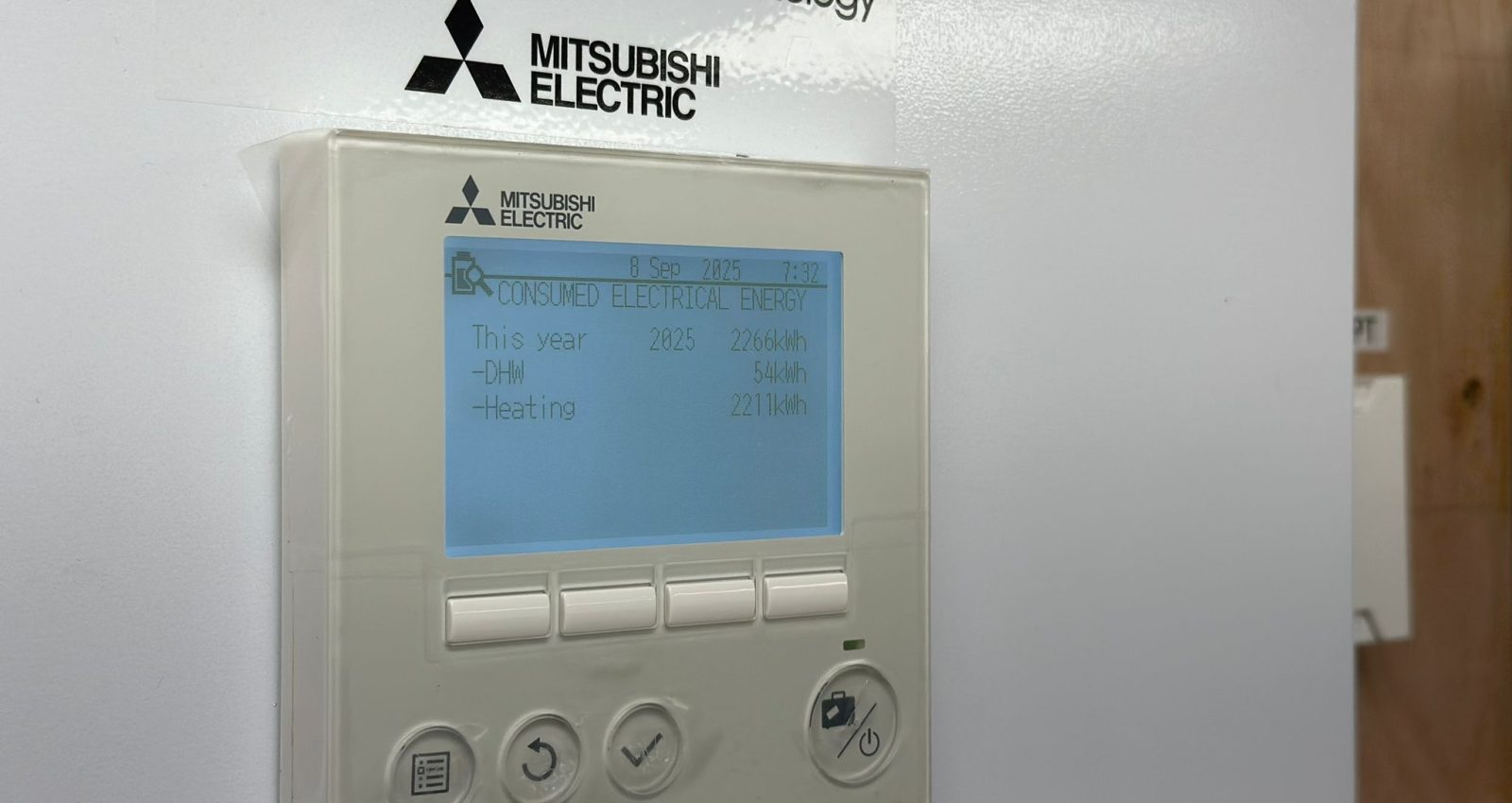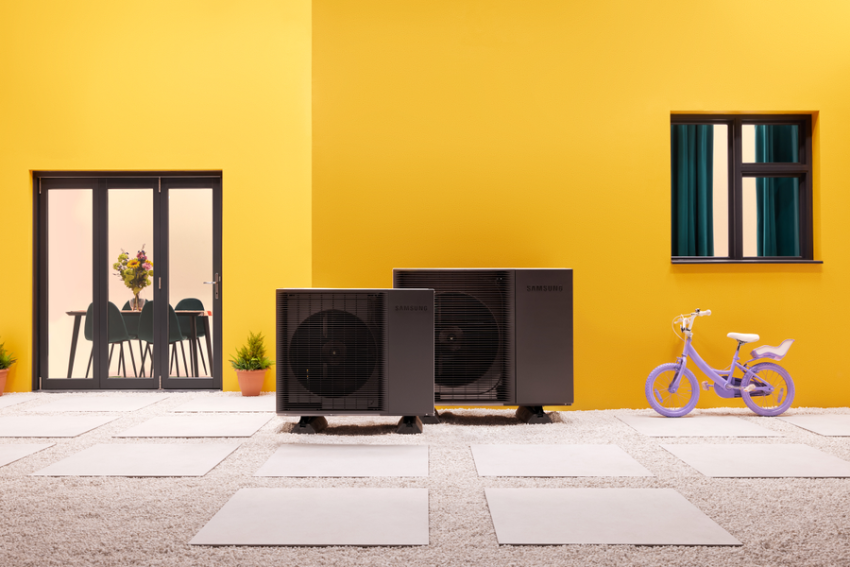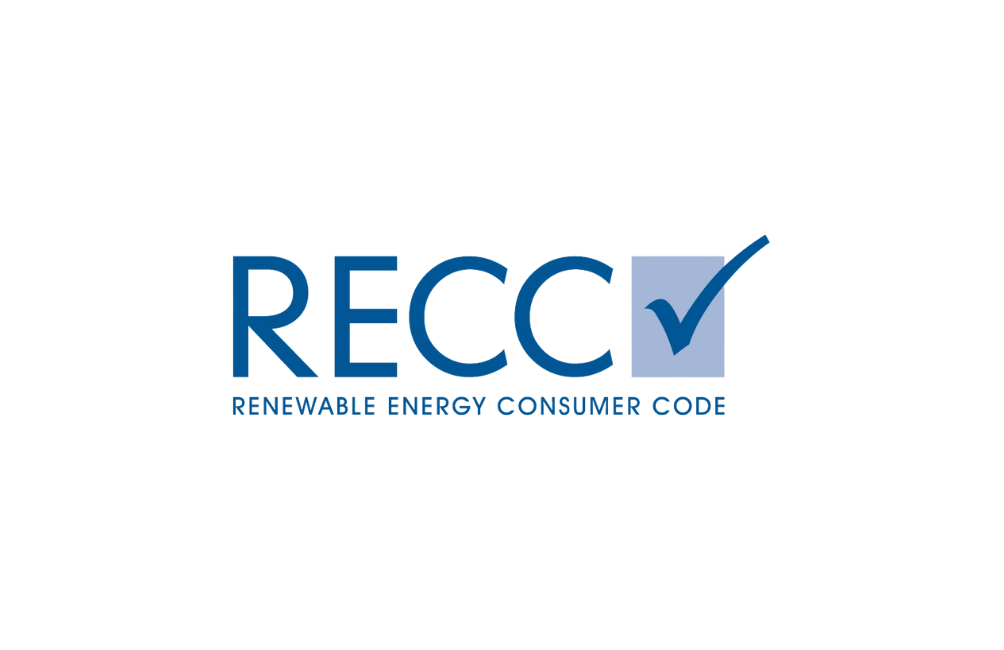Why SCOP Doesn’t Tell the Whole Story

Real Factors That Affect Heat Pump Costs
When people start researching heat pumps, one of the first numbers they come across is SCOP – Seasonal Coefficient of Performance. It’s often treated as the ultimate benchmark of efficiency: the higher the SCOP, the cheaper the running costs.
But that’s not always how it plays out in the real world. At GreenGenUK, after more than a decade of designing and installing heat pumps across Cornwall and Devon, we’ve seen plenty of examples where focusing purely on SCOP leads to the wrong conclusions.
The truth is: two different systems with different SCOP ratings can deliver very similar running costs – and sometimes the lower-rated one can actually be the cheaper to run.
What SCOP Actually Measures
SCOP is designed to give a seasonal average efficiency rating. For example, a heat pump with a SCOP of 4.5 produces 4.5 units of heat for every 1 unit of electricity used.
This looks neat on paper, but SCOP is measured under controlled test conditions, not in your unique home. It also reflects both the performance of the machine and the amount of heat demand in the property. In fact, highly insulated homes often show lower SCOP values, simply because they require so little heat that the pump can end up cycling more frequently (good design can help negate this) — yet those homes can still cost less to heat overall.
So while SCOP gives a benchmark, it doesn’t directly predict what your bills will look like.
The Real Game-Changers for Heat Pump Performance
1. Design, Installation and Commissioning
The success of a heat pump system doesn’t come down to a single stage — it relies on three working together: design, installation and commissioning.
- Design: Everything starts with accurate heat loss calculations and correct system sizing. If radiators are undersized, pipework is restricted, or components are poorly specified, the heat pump will be forced to run harder and hotter than it should, undermining efficiency.
- Installation: Even the best design will fail if the installation is poor. Sloppy pipework, wiring errors or skipped setup steps can all reduce performance and reliability. A professional, careful installation ensures the system delivers on the design.
- Commissioning and tuning: Once fitted, the system must be set up to match both the property and the household. Fine-tuning the weather compensation curve, avoiding excessive zoning, and reducing aggressive setbacks can make a huge difference to efficiency and comfort.
When design, installation and commissioning are all done to a high standard, the result is a system that heats the home efficiently, runs at predictable costs, and delivers long-term comfort.
2. User Education
Heat pumps don’t behave like boilers, and this is where many new users slip up. A boiler is typically set to fire hard and fast when it’s called for; a heat pump prefers to run steadily, maintaining a consistent background warmth.
That means:
- Letting the system run longer at lower temperatures can be more efficient than constantly switching it on and off.
- Learning how your controls work, and how small changes affect the system, pays off in lower bills.
We always remind our customers that no one becomes a “qualified heat pump user” from a 15-minute handover at the end of an install. The best results come from using the system, asking questions, and making gradual tweaks.
Why SCOP Isn’t the Final Word
On paper, a SCOP difference between 4.2 and 4.8 might look huge. In practice, the gap in running costs could be negligible — sometimes less than a few pounds a month. What matters more is:
- How your property is insulated and how much heat it actually needs.
- How the system is designed and commissioned.
- How you use the system day to day.
- What electricity tariff you’re on — smart tariffs can cut costs far more than a higher SCOP rating ever could.
The Bottom Line
SCOP is a useful benchmark, but it doesn’t tell the whole story. If you’re choosing a heat pump, the key things to focus on are:
- A design tailored to your home’s heat loss.
- A quality installation and thorough commissioning.
- Ongoing support and education to help you get the most from the system.
At GreenGenUK, we’ve been delivering heat pump systems since 2011, and the customers who see the best results are those who benefit from all three of these ingredients.
✅ Ready to explore how a heat pump could work in your home? Get a quote today and we’ll show you what’s possible — beyond the numbers on the brochure.












